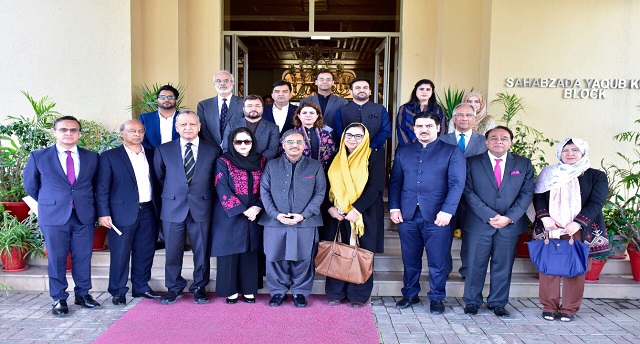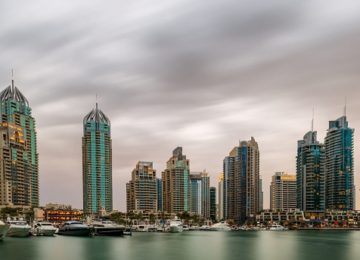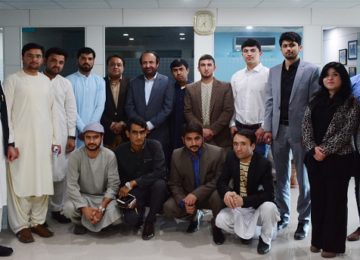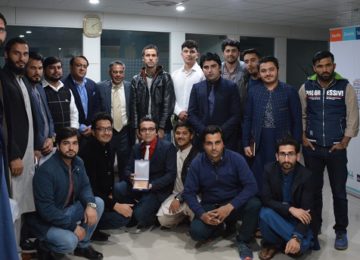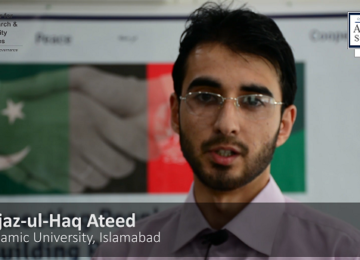March 13, 2020
As US and NATO power brokers toil to find a way out of Kabul’s latest political crisis i.e. two Presidents, an Afghan Track 1.5/11 delegation interacted with serving and former civil and military officials in Islamabad to delve into bilateral relations and explore options for normalising ties.
Besides their routine meetings, the Afghan delegation including Fawzia Koofi, an outspoken female parliamentarian, Saleem Kundoozi, a former governor of the Ningarhar province, and Mozamil Shinwari, a former deputy commerce minister, met with Sohail Mehmood, the foreign secretary, Dr.Moeed Yousuf, Special Assistant to the Prime Minister of Pakistan on National Security Division, and Senator Shibli Faraz, leader of the house in the Senate.
The Afghan delegates voiced their concerns over the possible volatility of the US-Taliban peace deal but expect Pakistan to leverage its influence with the Taliban for preserving the democratic freedoms achieved in the last two decades. Most of them made clear that the new Afghan generation is totally opposed to the “Islamic Emirate days” ( a euphemism used for the Taliban era) and hoped Pakistan would nudge the militia into respecting the state of Afghanistan as it is today.
In separate meetings, Foreign secretary Mehmood and Dr.Yousuf conveyed to the delegation that “Pakistan supports and respects a sovereign, democratic, united, stable and prosperous Afghanistan and would continue to help the country as much as it can.
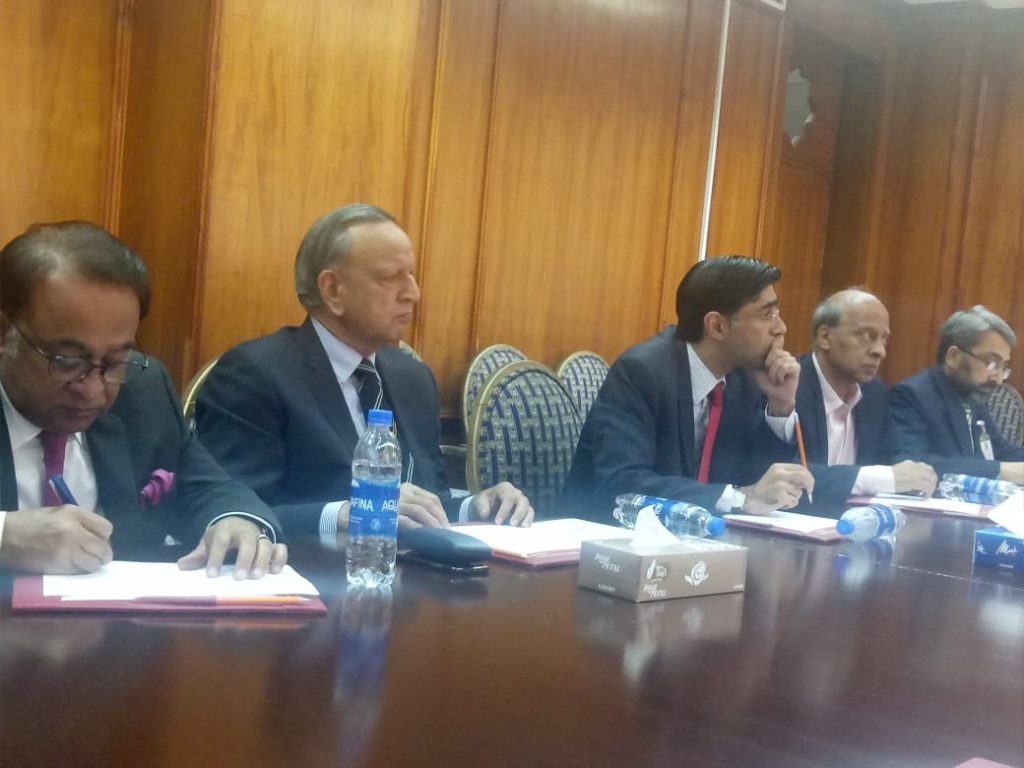
Pakistan remains committed to the post deal Intra-Afghan dialogue, which, according to the Foreign Secretary Mehmood, represents an “historic opportunity for all key stakeholders to work for an inclusive and comprehensive way out of the current imbroglio.”
Afghan delegates were also cautioned against potential spoilers of the peace process which required a self-less approach by all leaders for the fruition of the deal.
The foreign secretary also expressed the hope that the international community would continue to support the reconciliation dialogue and stay engaged in the post-conflict problems that Afghanistan is likely to face.
“The geographical, cultural and ethnic proximity makes it even more imperative for all of us to desire peace and development in Afghanistan. what we desire for ourselves.” It will only be “irrational to think otherwise,” argued Dr.Yousuf, adding that people to people contacts and their promotion” is the fundamental bond between the two countries and we should all work to strengthen that bond.
He urged the guests not to mistake “lack of capacity within governance structures for lack of will.” We are doing whatever we can to secure peace and development next door.
Senator Shibli Faraz, who received the delegation in his parliamentary chamber, assured the Beyond Boundaries delegation of the “utmost political support the parliament can lend to” help Afghans harvest dividends of the peace deal.”
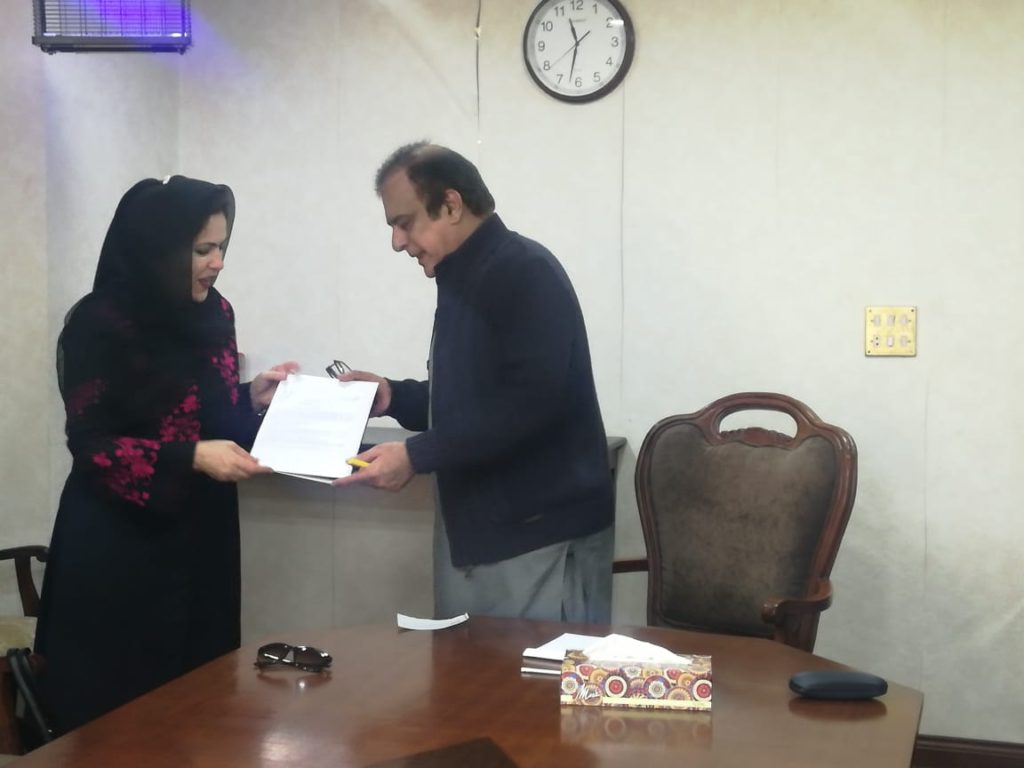
Faraz, who himself also visited Kabul as part of the Beyond Boundaries dialogue in 2017, said we should all continue investing in peace and stabilisation as much as we can in our individual or group capacity. Keep singing peace and work for harmony, Faraz emphasised. Stability in Afghanistan is not important for Afghans only; it is equally important for us in Pakistan and the two provinces that directly border Afghanistan, he underlined.
© Afghan Studies Center (ASC), Islamabad.



